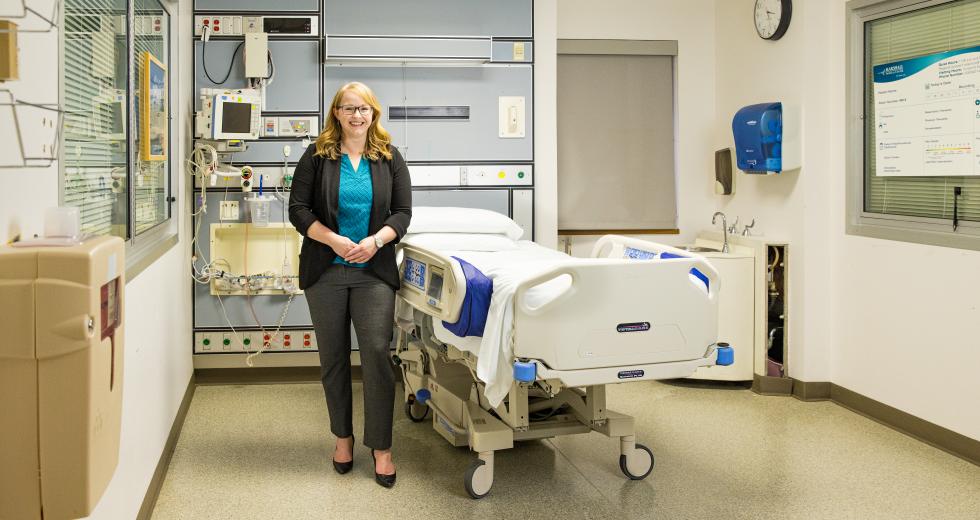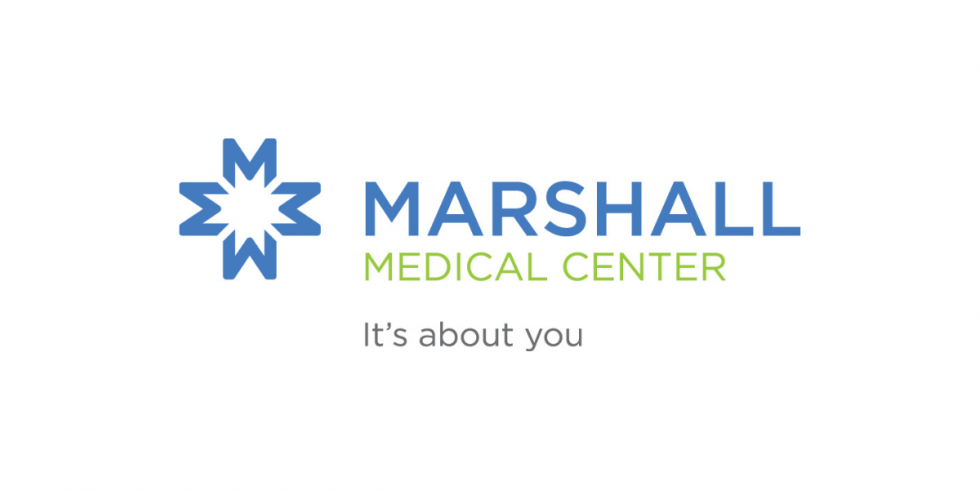For Rachel Peigh, the path to medicine wasn’t a choice — it was a calling. As a child, she discovered at the age of 5 that she was meant to heal people after a successful hike in which she played nurse to a fallen friend who scraped his knee. She knew it so intrinsically that when she was told she couldn’t get through her chosen nursing program in four years, she spent her junior year formulating a plan to do just that.
Today, her dedication to health care has reached new heights as she steers Placerville into the future as the executive director of population health at Marshall Medical Center, an award-winning nonprofit beacon of hope for countless underserved communities in Northern California.
A nonprofit medical center born of a community-led movement in 1956, Marshall Medical Center opened its doors in 1959 to serve a need in El Dorado County — access to quality health care through a system run by a group of volunteers willing to reinvest back into the community they served. Gone are the days of waiting rooms filled with anxieties and reactive treatments. Marshall has morphed the medical system in Placerville into a proactive haven.
Peigh, who has spent the last 15 years of her career at Marshall, climbed up the proverbial ladder from nurse to her current position, carrying the needs of thousands of patients on her shoulders as she went.
“For myself and for Marshall, our patients aren’t just patients. These are our neighbors, these are our family members. They’re people we care about. It’s in the DNA of Marshall that we’re really here for this community.”
— Rachel Peigh, Executive Director of Population Health
This philosophy translates into action at every level. From culturally sensitive consultations to seminars and classes that take a deep dive on the importance of understanding addiction as a disease, Marshall ensures inclusivity and understanding for the people they care for. To her credit, Peigh speaks of all these measures with genuine excitement. Her desire to create health and wellness in her community is beyond evident.
“It’s exciting that I get to come to work at a place where you can come in with an idea like, ‘You know, we really need to work on XYZ’ and have that idea nurtured, molded, and worked through until a solution is found and we get the things we need to make our community better. It’s exhilarating,” she says.
In a world where it has felt more and more difficult to navigate and access medical care, it’s refreshing to know that places like Marshall Medical Center exist — and that people like Peigh are helping to steer the ship.




